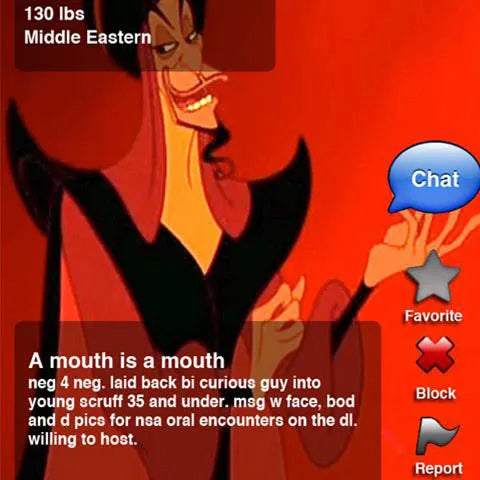
Online Identity and Queer Sexuality
In the vast digital landscape of online dating and social media, the intersection of identity and sexuality often takes center stage. Take my recent chat with Kevin on Grindr, for instance. Amidst his search for emotional connection, his online persona painted a different picture – one adorned with provocative imagery and suggestive interactions. It left me pondering the intricate dance between public and private selves in the realm of queer relationships.
---

Kevin's juxtaposition isn't uncommon. Many queer men, myself included, find themselves navigating the delicate balance between authenticity and social expectations in their online presence. From thirst traps to candid anecdotes, our digital footprints often weave a narrative that may not fully align with our offline realities.
For me, the allure of projecting confidence and desirability online was irresistible during my early days of coming out. Posting tantalizing images and stories seemed like the ticket to acceptance and admiration. However, behind the screen, I grappled with anxiety and a desire for deeper connections, revealing the stark disparity between my online and offline personas.
---

Psychotherapist Todd Baratz sheds light on the pervasive influence of gay male culture, which often glorifies hyper-sexuality and physical perfection. This pressure to conform to a singular image of desirability can leave many feeling out of sync with their true selves, resorting to exaggerated online identities to fit the mold.
Dylan Cain and Marcel Olcyzński echo this sentiment, sharing their experiences of grappling with the dichotomy between their public and private lives. The allure of likes and followers can sometimes cloud the authenticity of our digital selves, leading to a disconnect between who we are and who we portray online.
---

---
But this phenomenon extends beyond queer spaces; social media's influence permeates diverse communities, shaping perceptions and behaviors in profound ways. As we spend more time online, the line between reality and virtuality blurs, fostering an environment where extremes thrive and authenticity wavers.
The rise of what Vice's i-D terms the "slut (non-practicing)" era underscores this shift, where desirability takes precedence over physical encounters. The digital realm becomes a canvas for self-expression and validation, offering a platform to reclaim our sexual identities in a world historically marred by stigma and shame.
---
---
Yet, amidst the allure of curated identities and virtual escapades, it's crucial to acknowledge the diversity of experiences within queer communities. While some embrace their online personas wholeheartedly, others may feel constrained by societal expectations, yearning for a space where authenticity reigns supreme.
As I embraced my demisexual identity, I found solace in embracing my true self online, debunking the myth that sex positivity hinges on outward displays of desire. It's a reminder that our online and offline selves need not mirror each other to be valid; authenticity lies in owning our truths, regardless of the digital stage we inhabit.
In a world where perception often trumps reality, the journey towards self-discovery is an ever-evolving narrative, shaped by the intersections of identity, sexuality, and digital culture. As we navigate this intricate terrain, let us celebrate the myriad expressions of queerness, both online and off, embracing the beauty of authenticity in all its forms.
This article is repurposed and rewritten from them.us










